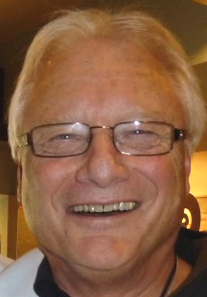D. Donald Sawatzky, Ph.D.
(Don)
Professor Emeritus – University of Alberta
Retired Psychologist – Province of Alberta
Clinical Associate and Clinical Supervisor – AAMFT
Email:don.sawatzky@shaw.ca
Phone: 250-548-6808
250-300-0427
Don Sawatzky’s concurrent careers as University Professor and Psychologist have covered a span of approximately five decades. The core of his professional identity is the forty years at the University of Alberta where he taught and supervised graduate students in counseling psychology. Don’s primary interests are in family therapy and he has taught courses and supervised both the research and clinical work of his students. He was a regular presenter at conferences, nationally and internationally and published in both professional and academic journals.
Don was honoured at the University of Alberta in the mid 1990’s for his scholarship and research. His primary focus though has been the work with graduate students. Don was the primary supervisor for more than 80 master theses and doctoral dissertations. He has maintained contact with many former students in their positions at Universities and/or in their private clinical practices.
Throughout Don’s career, he has always focused theoretically on the importance of addressing context. He has a strong focus on the system and the individual in the system. He moved from Adlerian concepts in the early 1970’s, through a range of family therapy approaches in the 1980’s, to approaches that were broadly described as narrative in the 1990’s. Don appreciates and resonates with approaches to therapy that are based in social constructionism. He views the therapeutic encounter as a collaborative process in which meaning is creatively generated. The research focus he has moved from quantitative methodologies to hermeneutic qualitative approaches
Following a medical challenge (2007) both Don, and his wife, Dr. Beverley Edwards-Sawatzky (also a psychologist), retired to the beautiful Okanagan Valley in British Columbia. Here they have volunteered their time with several projects considered important and worthwhile to them. For example, they have presented at five national conferences sponsored by Prostate Cancer Canada on prostate cancer as a “couple’s illness process”. They have also worked with the University of the Caribbean in the development of a Psy. D. program. Don has continued with student research and therapy supervision.

